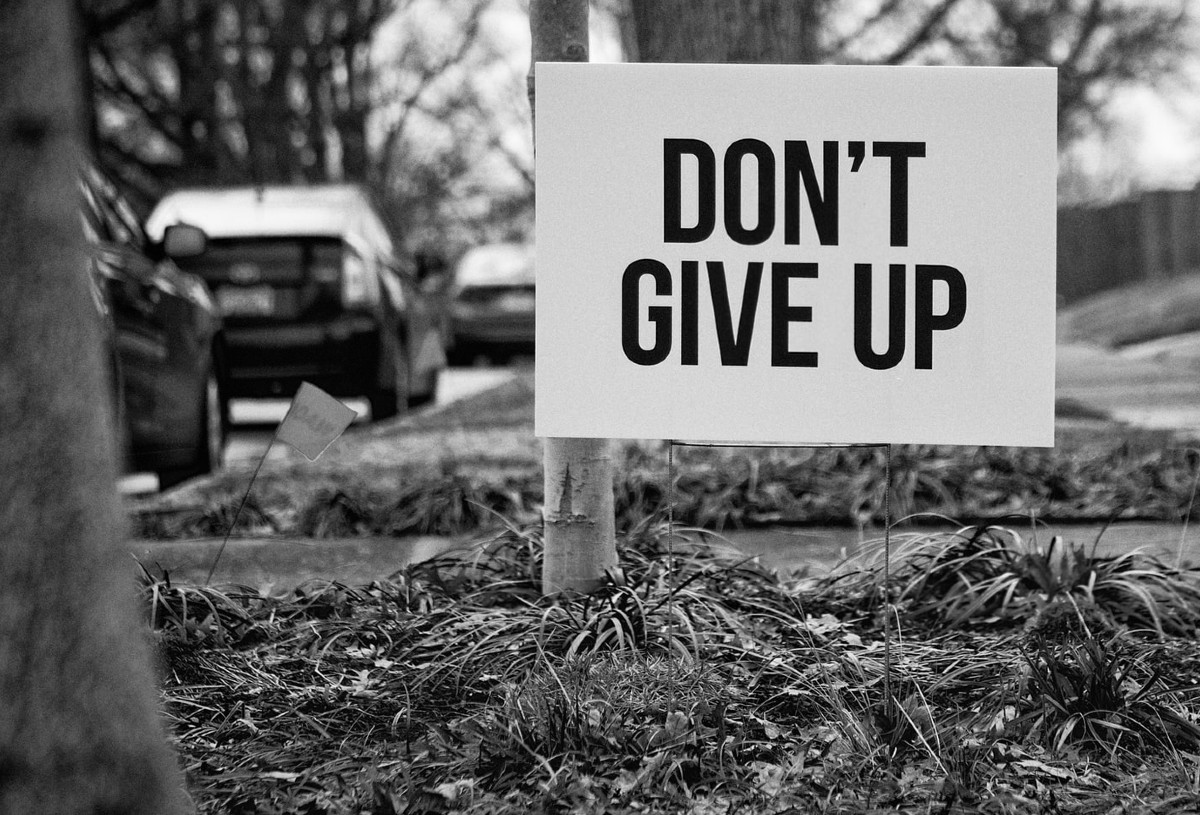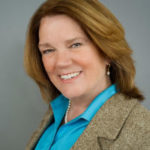By Kyra Morris, contributing editor | It is not over. This pandemic is still wreaking havoc with our lives.
- We still need to wear masks when we go into public places.
- We still need to wear masks anywhere when we are going to be closer than 6 feet from another person.
- We still need to wash our hands after doing any activity that has us touching things.
- We still must be careful about any socialization or eating out.
- We still must consider whether an activity will be indoors where ventilation is a key or outdoors where the air is free-flowing
The difficult part of this is that the only certainty is uncertainty. How do we therefore determine what is important?
As we continue our journey of uncertainty, many of us experience “hedonic adaptation.” This is the capacity for human beings to adapt to their new circumstances, for better or for worse. Many studies show that we can quickly adapt to a new baseline — a new normal.
- We expect to see others with masks on in public.
- We give way to others for space either as we pass them on the sidewalk or in the grocery aisle.
- We eat out less and are getting used to planning meals for the home.
It is part of our new life process, our new normal.
Many of us may have experienced profound challenges like loss of loved ones or illness or financial insecurity. Hedonic adaptation is also how people fall in love even when gravely ill or how children in refugee camps still play soccer. Even when things are not good, we are able to adapt and create comfort within our discomfort.
Hedonic adaptation is a process that can bring hope. We can adjust and become comfortable with the new normal. We also can make a choice to take this even further. We can make the choice to recognize those things that make us smile and bring us joy:
- Facetime with loved ones feels so special.
- An encouraging note from a friend warms our heart.
- Sunsets at the end of the street looking onto the harbor burst with color.
- Curling up with a good book (maybe one that is not technical) makes us calm.
- Taking a quiet time guides our soul and calms our spirit
We can make a choice to be aware of what makes us smile.
My 5-year-old granddaughter, Georgie, and I went for a walk recently. She had on her bright yellow mask and I had a colorful one made by a friend. Every person she saw, she commented on something special about them. She had to shout through her mask, yet she did it. “I like your shoes.” “What a pretty shirt.” “Your hair is lovely.” I was delighted and amazed by her. It seemed to come naturally.
I asked her why she spoke to everyone that way, and in her 5-year-old wisdom, she said, “The virus makes people sad. I want to make them happy.”
Professionally, I enjoy what I do. My team and I are reading, studying and reviewing the facts of the economic and financial situation as best we can every day. I have a strong, healthy (something I am grateful for) team – a team that cares about others. When I think of the people who feel like family to me, my client base and my staff come to mind quickly. I am blessed and truly grateful. My work and the people I work for make me smile.
We must be proactive to be grateful. We must make the choice to see, to hear and to share. Have you noticed that even with a mask on, you can tell when someone is smiling? I saw the people smile as Georgie spoke to them. It made me happy. Gratitude, contentment and lasting joy may not come naturally. We can dwell on all the yuck of the new normal, or we can shout through our masks, and find those things that make us smile. That may be what our foundation should be. That may be what is truly important.
My wish for you is to find many things today that make you smile and to recognize what is truly important.
Kyra H. Morris, a Certified Financial Planner, is CEO of Morris Financial Concepts, Inc., in Mount Pleasant. A national leader in the financial planning profession, she has been named several times by leading magazines as one of the country’s top financial planners.





 We Can Do Better, South Carolina!
We Can Do Better, South Carolina!

























One Comment